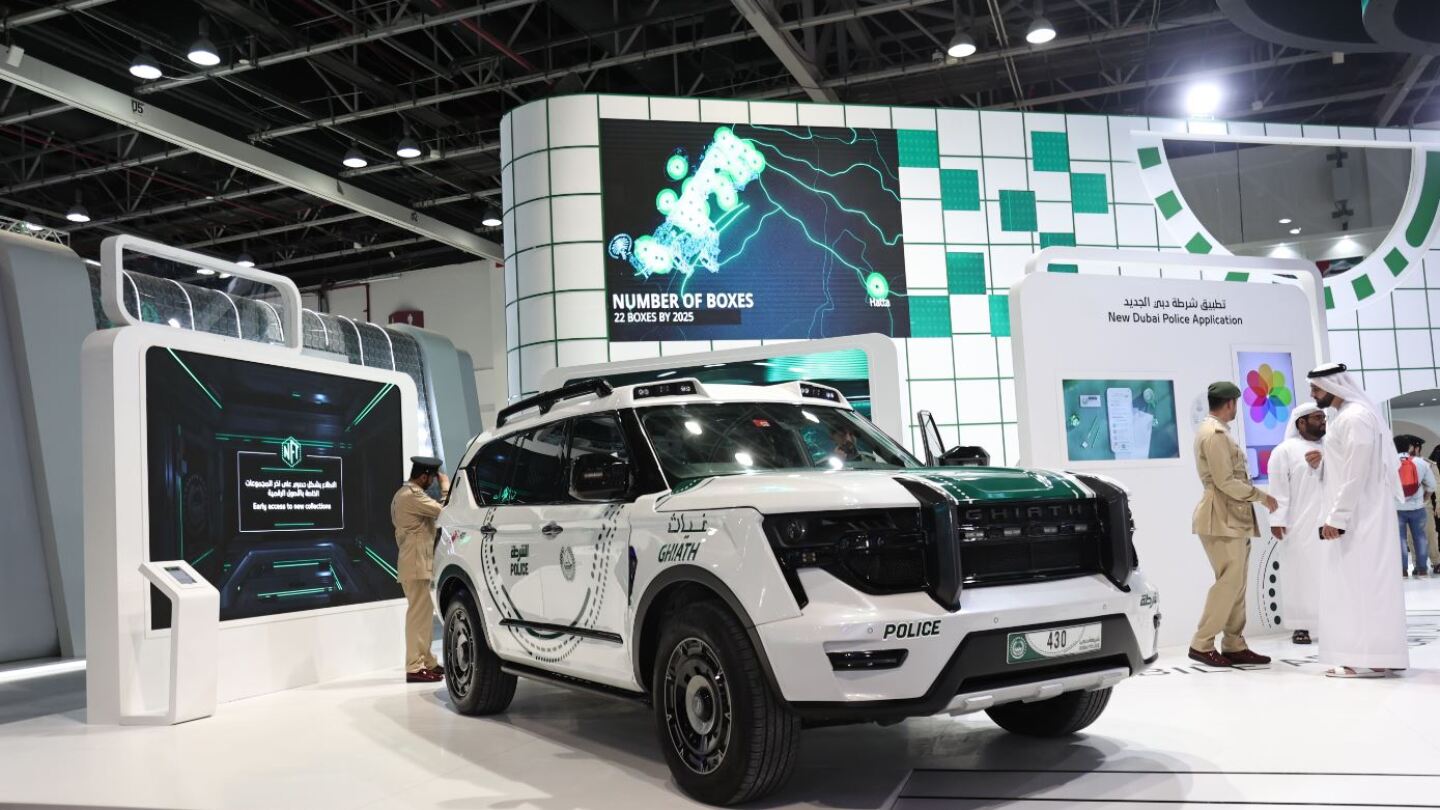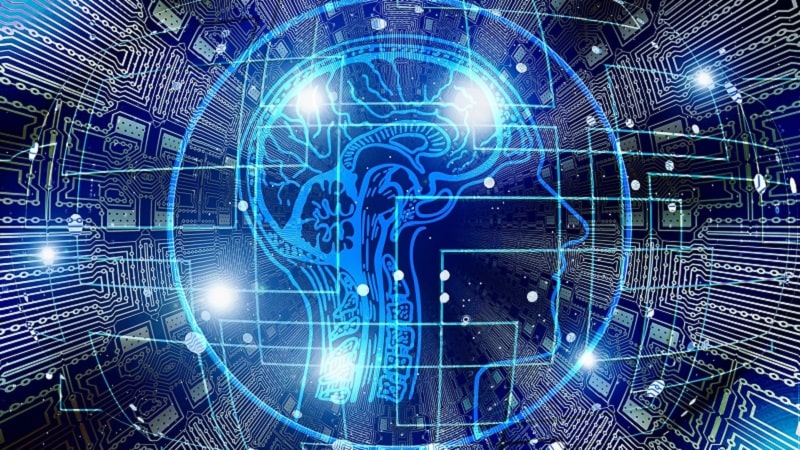Behind the Global Shield is a new feature by Police1 that immerses you in the experiences of patrol officers and police executives worldwide, from Kyiv to Kinshasa, Brussels to Brisbane, and Dubai to Durban. It offers insights into the unique challenges and common issues encountered by law enforcement professionals globally. Join us on this journey to gain valuable perspectives, ideas, practices, policies, and contacts from your peers.
Police departments are facing challenges such as depleted ranks, mass exodus of experienced officers, difficulty in recruiting qualified candidates, budget cuts, and the rise of high-tech criminals. Can artificial intelligence and other advanced technologies bridge the gap?
Consider the following scenarios:
-
In Chihuahua, Mexico, a sophisticated system integrates data from numerous sources like cameras, biometric sensors, drones, and license plate readers.
-
The United Kingdom is implementing a new digital fingerprint matching system for real-time suspect identification.
-
Europol’s Innovation Lab utilizes artificial intelligence to analyze vast datasets, identify patterns, and employs tools like ChatGPT for investigative support.
-
Belgian police have a platform that swiftly cross-references over 50 internal databases, aiding in rapid information retrieval. Similar approaches in New Jersey have successfully reduced gun-related crimes.
-
Singapore employs AI tools to filter out potentially inappropriate content from seized electronic devices.
-
Dubai Police showcased self-driving patrol cars equipped with advanced surveillance technologies for neighborhood patrols.
Various law enforcement agencies worldwide leverage AI for tasks like auditing bodycam footage, streamlining report writing, DNA analysis, and more.
Collaborating with academic and organizational partners, the Rutgers University Miller Center on Policing and Community Resilience is establishing a center of excellence focused on the responsible and innovative use of AI in law enforcement.
This article outlines some of the most promising current and potential applications of AI in global law enforcement.
Education and Policy
Prior to AI deployment, it is crucial to educate the public and establish policies to ensure ethical and constitutional use of the technology. Initiatives like the Rutgers Miller Center aim to address these concerns.
Involving the community in the AI implementation process, as demonstrated by the San Mateo County Sheriff’s Office, fosters transparency, acceptance, and accountability










